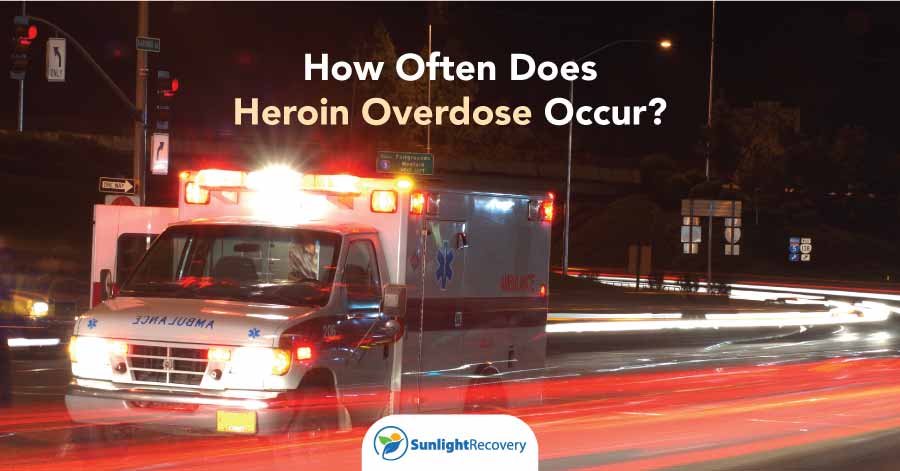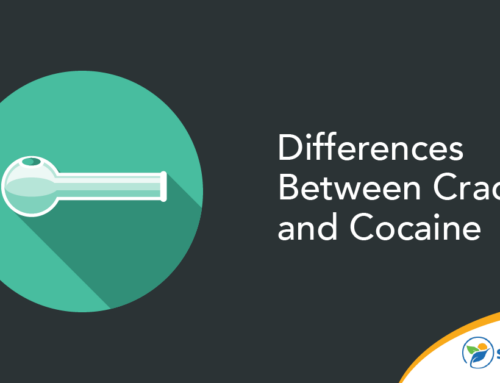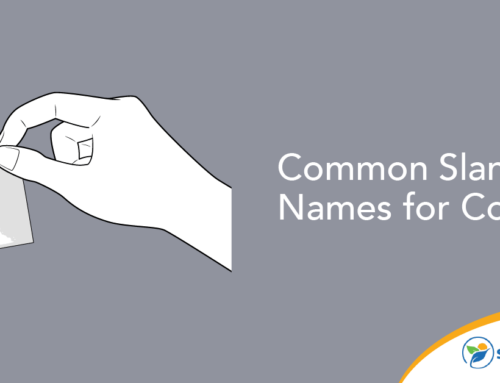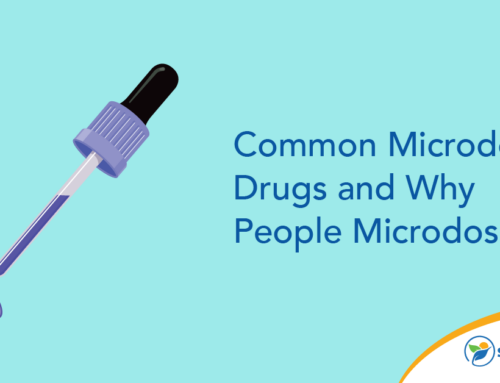A common drug of choice amongst those who suffer at the hands of addiction in Florida is heroin. As overdose rates continue to rise, those who suffer are the addicts who do not have the chance to recover, along with their family and loved ones that have to bury them.
Fatal overdoses leave the demand for treatment higher than it ever has been before, as treatment centers attempt to prevent future lives from being taken away too soon. These centers offer a way of life that frees a heroin addict from the torment their drug of choice results in.
Even with the increasing overdose rates, you may wonder just how easy is it to actually overdose on heroin. Let’s take a look at this, as well as some of the signs to look for if you think someone might be experiencing a heroin overdose.
Signs of a Heroin Overdose
Overdosing on any substance, especially heroin, can be life-threatening and requires immediate medical attention. Because of the severity of a heroin overdose, it is very important to know what the signs of overdosing are. The signs and symptoms of a heroin overdose can vary based on the amount and purity of the substance used, whether the drug was used in combination with other substances, and the person’s age and weight. Despite these things, there are several warning signs that are universal. These include:
- Bluish nails or lips
- Depressed breathing
- Weak pulse
- Pinpoint pupils
- Disorientation or delirium
- Extreme drowsiness
- Repeated episodes of loss of consciousness
- Coma
- Dry mouth
- Constipation or spasms of the stomach or intestines
- Low blood pressure
How to Handle a Heroin Overdose
As mentioned above, a heroin overdose can be fatal if it is not addressed quickly and properly by medical professionals. As a result, it is important to know what to do should you find yourself around someone who has overdosed on heroin.
As with any emergency situation, the first thing you need to do is call 911. When speaking to a 911 operator, it is important to provide as much information as possible, including the location of the person who overdosed, their name, address, respiratory status, how much heroin you think they ingested, and when you think the ingestion might have taken place.
After finishing the call with 911 it is important to try and save the person while you wait for paramedics to arrive. First, check for breathing. If the person is not breathing, provide rescue breathing or CPR, if you are trained to do so. You should also administer naloxone if you have it on hand and have been trained to do so. Naloxone is a substance that is used to reverse the effects of an overdose while the overdose is taking place. If you don’t have any on you, or aren’t trained to use it, the paramedics will be able to administer it once they arrive.
It is important to continue to monitor the person until help arrives, repeating any steps that are necessary, including continuous CPR. It is also important to note that naloxone only lasts for 30-90 minutes and does not take the place of medical help.
How Does Someone Overdose on Heroin?
As one of the most highly addictive illicit substances throughout the nation, heroin has taken away the lives of many, and still exists as an ongoing issue for thousands currently. For a person who is addicted to heroin, and even for a first-time user, overdose is always a possibility.
Overdoses are not limited to one particular type of heroin user. Whether it is the person’s initial use, the fourth time using, or thousandth time using, there are no discriminations. According to the National Institute on Drug Abuse, an overdose occurs when the amount of heroin used is enough to result in a life-threatening reaction or even worse: death. Unfortunately, many heroin users experience an overdose, recover, and then continue to use with the belief that fatal overdose will not happen.
When Is a Heroin Overdose Most Common?
Heroin overdose is more likely to occur in those who relapse from a previous heroin addiction. This happens because taking heroin regularly, like many other substances, results in tolerance to the drug. This means that more of it is required to achieve previous effects. Individuals who then abstain from use for some amount of time may experience a decrease in their tolerance level, and place themselves at risk should they relapse and attempt to take the same amount of heroin they were taking before their brief period of sobriety.
How Can A Heroin Overdose Be Prevented?
The recent rise of fentanyl and similar synthetic opioids, which contain a much higher potency level, are now being laced with heroin. This lethal combination significantly increases the chance of overdose. Oftentimes, users are completely unaware of the potency of the type of heroin they will use and have no knowledge of what else is mixed with it. This can increase the chance of a fatal overdose.
There are a few preventative measures that can be taken on the topic of heroin overdoses:
- Intervention from family members and specialists
- Undergoing addiction treatment and therapies
- Attending support group meetings for heroin addiction or other substance addiction where the experience and guidance from individuals who have recovered may offer hope
- Having access to narcan (naloxone), which is a partial or complete opioid overdose reversal medication
Some heroin overdoses can be fatal, while others are not. There is no guarantee which one you or somebody you love may suffer from in the future. Hopefully, it is non-fatal and allows for the opportunity to accept the necessary help to recover and live a life that is not controlled by heroin use. Some do not have the chance to recover due to their overdose, while others still active in their addiction have the opportunity to change their lives.
Struggling With Heroin Addiction?
The physical and mental aspects of heroin addiction make it extremely difficult to stop on your own. At Sunlight Recovery, we are fully trained to provide all of the tools that will help you fight against your addiction and prevent you from facing it alone. Contact Us today and stop the risk of overdosing on heroin. You will certainly be glad you did.








Leave A Comment